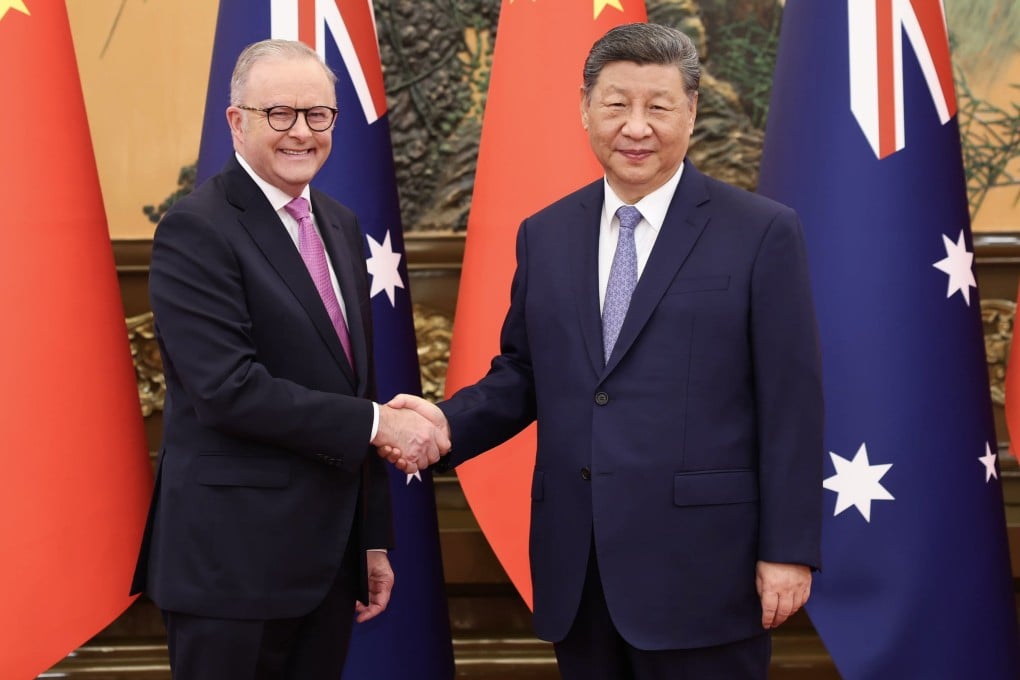Editorial | Common interests the basis for stronger China-Australia relations
Neither a port controversy nor any third-party interference cast a shadow over the trade and business focus of Albanese’s trip to China

Whatever it was, Albanese didn’t take the bait. Canberra took the position that it was a hypothetical question and no serious security commitment could be made by Australia on such a basis.
Albanese wants to make nice with Beijing after years of deteriorating relations under his predecessor Scott Morrison and his Liberal government. His business in China this time is business, as shown by his entourage packed with executives from the mining and tourism industries. That is just fine with Beijing.
President Xi Jinping and other Chinese leaders have long aimed for win-win solutions in bilateral relations with other countries against third-party interference, meaning the US. For 16 years, China has been the biggest trading partner of Australia. It buys a quarter of Australia’s total exports, from iron ore and lithium to wine and seafood.
Albanese wants Chinese tourism to grow in his country. In the hot weather across much of China, a visit to the southern hemisphere may well be a welcome cooling experience. Both countries have spelled out their common interest in a prosperous, peaceful and stable Asia.
In Shanghai, Albanese said Australia did not support any unilateral action in the Taiwan Strait. According to an official Chinese statement, he also told Xi that Australia remained committed to its one-China policy and opposed Taiwanese independence.
